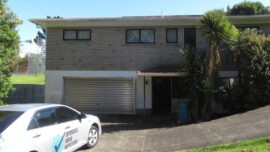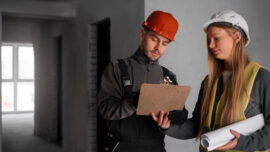
What a Home Inspection Covers
What a Home Inspection Covers
Inspectors vary in experience, ability, and thoroughness, but a good inspector should examine certain home components and then produce a report covering their findings.

The typical inspection lasts two to three hours, and you should be present for the inspection to get a firsthand explanation of the inspector’s findings and, if necessary, ask questions. Also, any problems the inspector uncovers will make more sense if you see them in person instead of relying solely on the snapshot photos in the report.
The inspector should note:
- Whether each problem is a safety issue, major defect, or minor defect
- Which items need replacement and which should be repaired or serviced
- Items that are suitable for now but that should be closely monitored
An excellent inspector will even tell you about routine maintenance that should be performed, which can be a great help if you are a first-time homebuyer.
While it is impossible to list everything an inspector could check for, the following home inspection checklist for buyers should give you a general idea of what to expect.
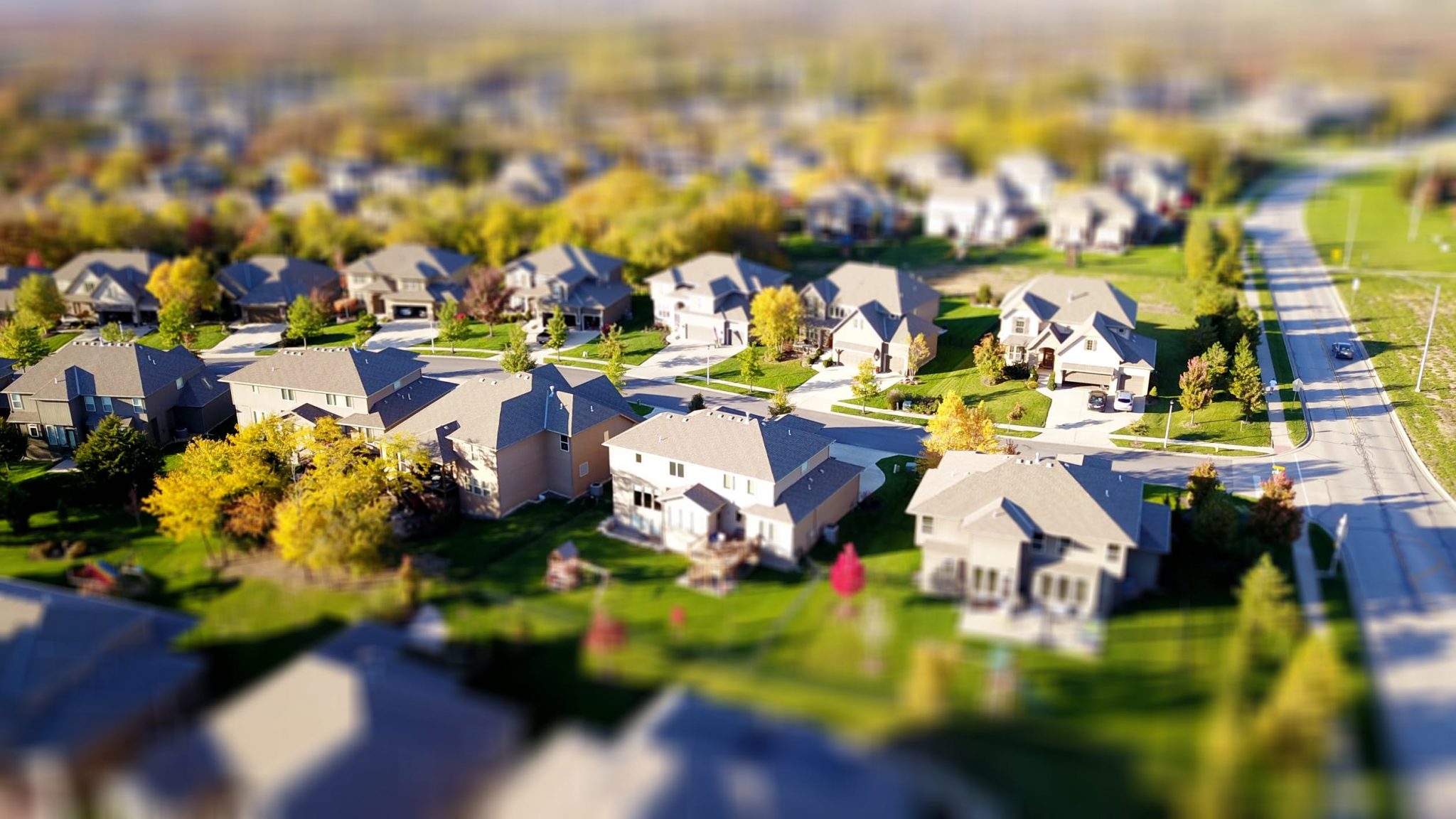
Exterior Inspection
The inspector will complete a full inspection of the outside of the structure. This will include climbing into any crawlspaces under the home and using a ladder to reach and inspect the roof and other items.
Exterior walls
The inspector will check for damaged or missing siding, cracks, and whether the soil is in excessively close contact with the bottom of the house, which can invite wood-destroying insects. However, the pest inspector (yes, you might want to engage one of those too), not the home inspector, will check for actual damage from termites, etc. The inspector will let you know which problems are cosmetic and which could be more serious.
Foundation
If the foundation is not visible, and it usually is not, the inspector will not be able to examine it directly. Still, they can check for secondary evidence of foundation issues, like cracks or settling.
Grading
The inspector will let you know whether the grading slopes away from the house as it should. If it doesn’t, water could get into the house and cause damage, and you will need to either change the slope of the yard or install a drainage system.
Garage or Carport
The inspector will test the garage door for proper opening and closing, check the garage framing if it is visible, and determine if it is properly ventilated (to prevent accidental carbon monoxide poisoning). If the water heater is in the garage, the inspector will make sure it is installed high enough off the ground to minimize the risk of explosion from gasoline fumes mingling with the heater’s flame.
Roof
The inspector will check for areas where roof damage or poor installation could allow water to enter the home, such as loose, missing, or improperly secured shingles and cracked or damaged mastic around vents. They will also check the condition of the gutters.
Home inspectors also do not specifically check for termite damage, mould, asbestos, or water contamination. If you are concerned about these issues, ask your inspector for a heads up if they suspect any of these problems.
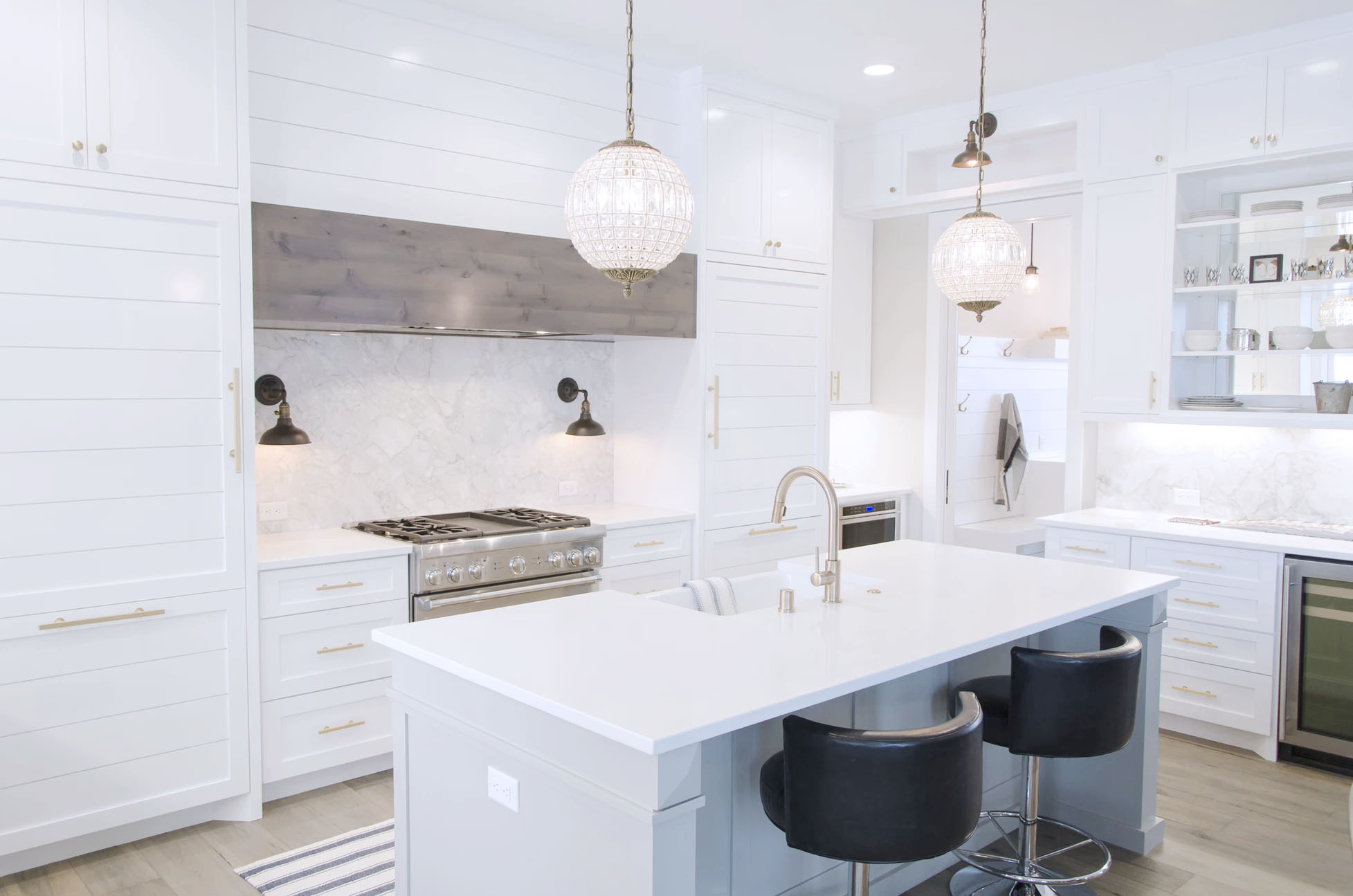
Interior Inspection
The inspector will also complete a thorough inspection of the interior of the home. They will inspect everything from the ceiling to the cabinets under the sink.
Plumbing
The home inspector will check all faucets and showers, look for visible leaks and test the water pressure. They will also identify the kind of pipes the house has if any pipes are visible. The inspector may recommend a secondary inspection if the pipes are old to determine if or when they might need to be replaced and how much the work would cost. The inspector will also identify the location of the home’s main water shutoff valve.
Electrical
The inspector will identify the kind of wiring the home has, test all the outlets, and make sure there are functional ground fault circuit interrupters (which can protect you from electrocution, electric shock, and electrical burns) installed in areas like the bathrooms, kitchen, garage and outdoors. They will also check your electrical panel for any safety issues and check your electrical outlets to ensure they do not present a fire hazard.
Water Heater
The home inspector will identify the age of the heater and determine if it is properly installed and secured. The inspector will also let you know what kind of condition it is in and give you a general idea of how many years it has left.
Kitchen Appliances
The inspector will sometimes check kitchen appliances that come with the home to make sure they work, but these are not always part of the inspection. If you think you’ll want to keep them, be sure to ask which ones are omitted so that you can test them yourself.
Laundry Room
The inspector will make sure the laundry room is properly vented. A poorly maintained dryer-exhaust system can be a serious fire hazard.
Bathrooms
The inspector will check for visible leaks, properly secured toilets, adequate ventilation, and other issues. If the bathroom does not have a window or a ventilation fan, mould and mildew can become problems, and moisture can warp wood cabinets over time.

Not Covered in a Home Inspection
A home inspection can’t identify everything that might be wrong with the property; it only checks for visual cues to problems. For example, if the home’s doors do not close properly, or the floors are slanted, the foundation might have a crack, but if the crack can’t be seen without pulling up all the flooring in the house, a home inspector can’t tell you for sure if it’s there.
Some areas inspectors won’t look at include:
- Inside walls (won’t cut open drywall or insulation)
- Inside pipes or sewer lines
- Inside chimneys
- Behind electrical panels
Furthermore, most home inspectors are generalists—that is, they can tell you that the plumbing might have a problem, but then they will recommend that you hire an expert to verify the issue and give you an estimate of the cost to fix it. Of course, hiring additional inspectors will cost extra money.
Home inspectors also do not specifically check for termite damage, site contamination, mould, asbestos engineering problems, and other specialized problems. If they have reason to suspect, though, they’ll likely give you a heads up. Some inspectors offer radon testing as an add-on; some will recommend asbestos testing services if your home appears to be at risk.
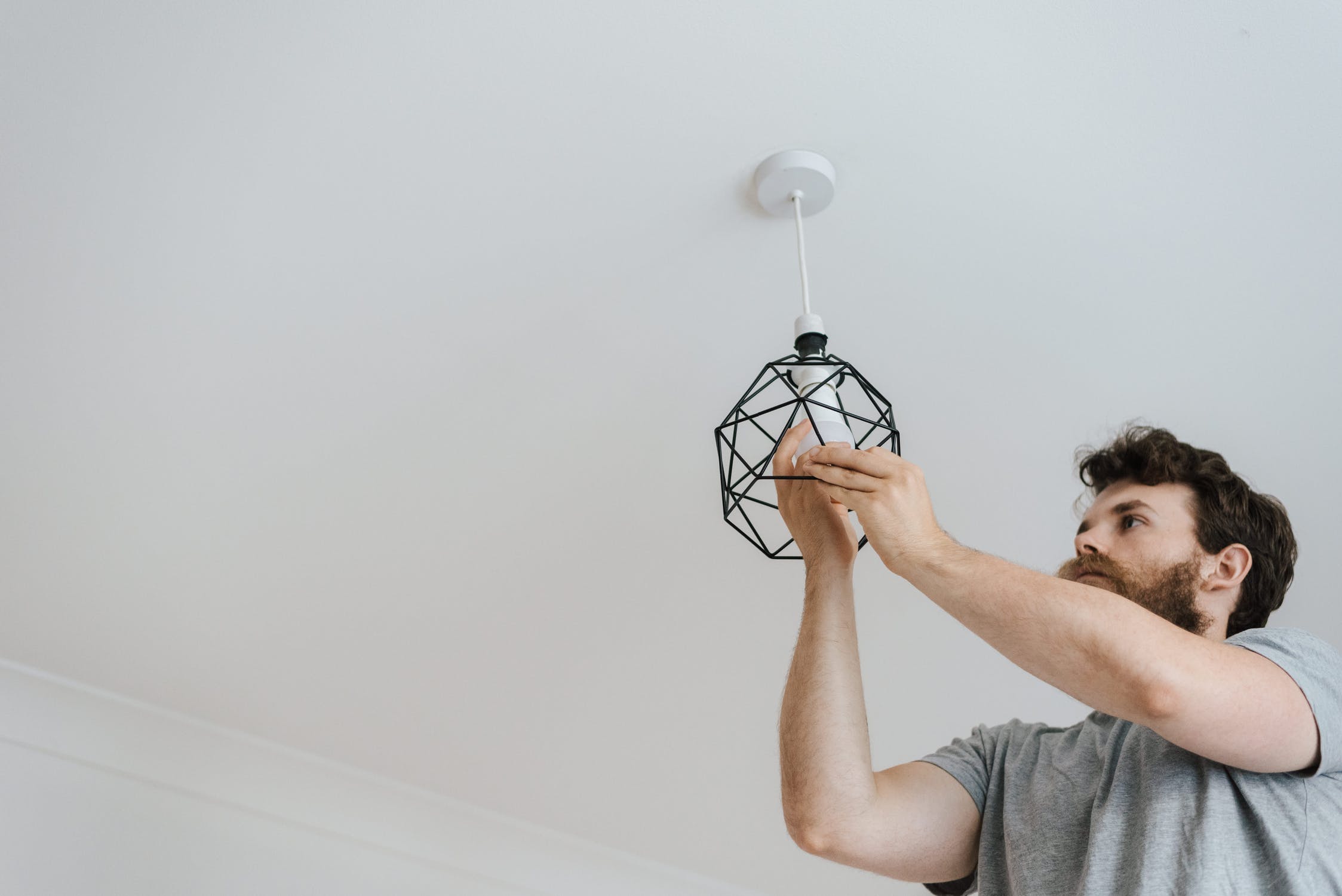
The Bottom Line
A home inspection will cost you a little bit of time and money, but in the long run, you’ll be glad you did it. The inspection can reveal problems that you may be able to get the current owners to fix before moving in—or else prevent you from inadvertently buying a money pit.
If you are a first-time homebuyer, an inspection can give you a crash course in home maintenance and a checklist of items that need attention to make your home as safe and sound as possible.
Whatever the situation, addressing issues early through a home inspection can save you tens of thousands of dollars down the road.
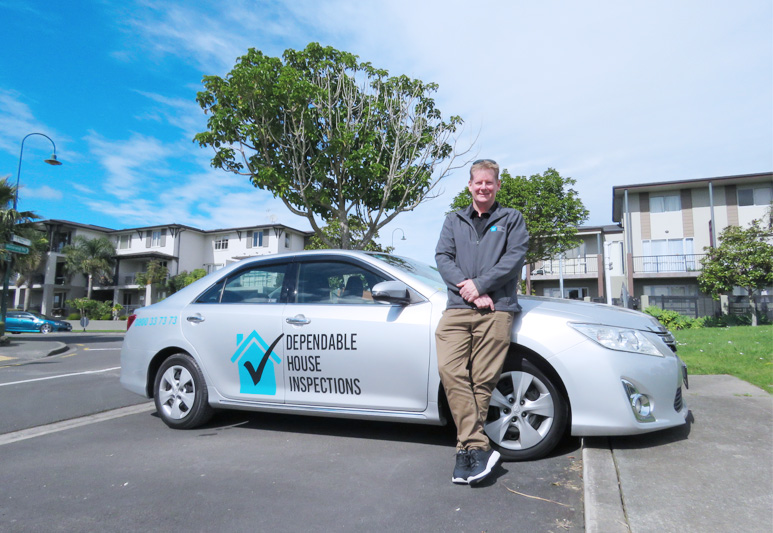
about dependable house inspections
Dependable House Inspections offers professional, comprehensive construction advice and reports on residential properties to ensure your complete peace of mind – whether you are purchasing, renovating or developing a property.
We will empower your negotiations and help you make the right property decision – with 30 years of building experience, we are working for you to ensure that you fully understand the complete picture when it comes to your new property.
Get in touch with us today to get your report prepared.
Alternatively, call us on 0800 337 373 for a quick response.

